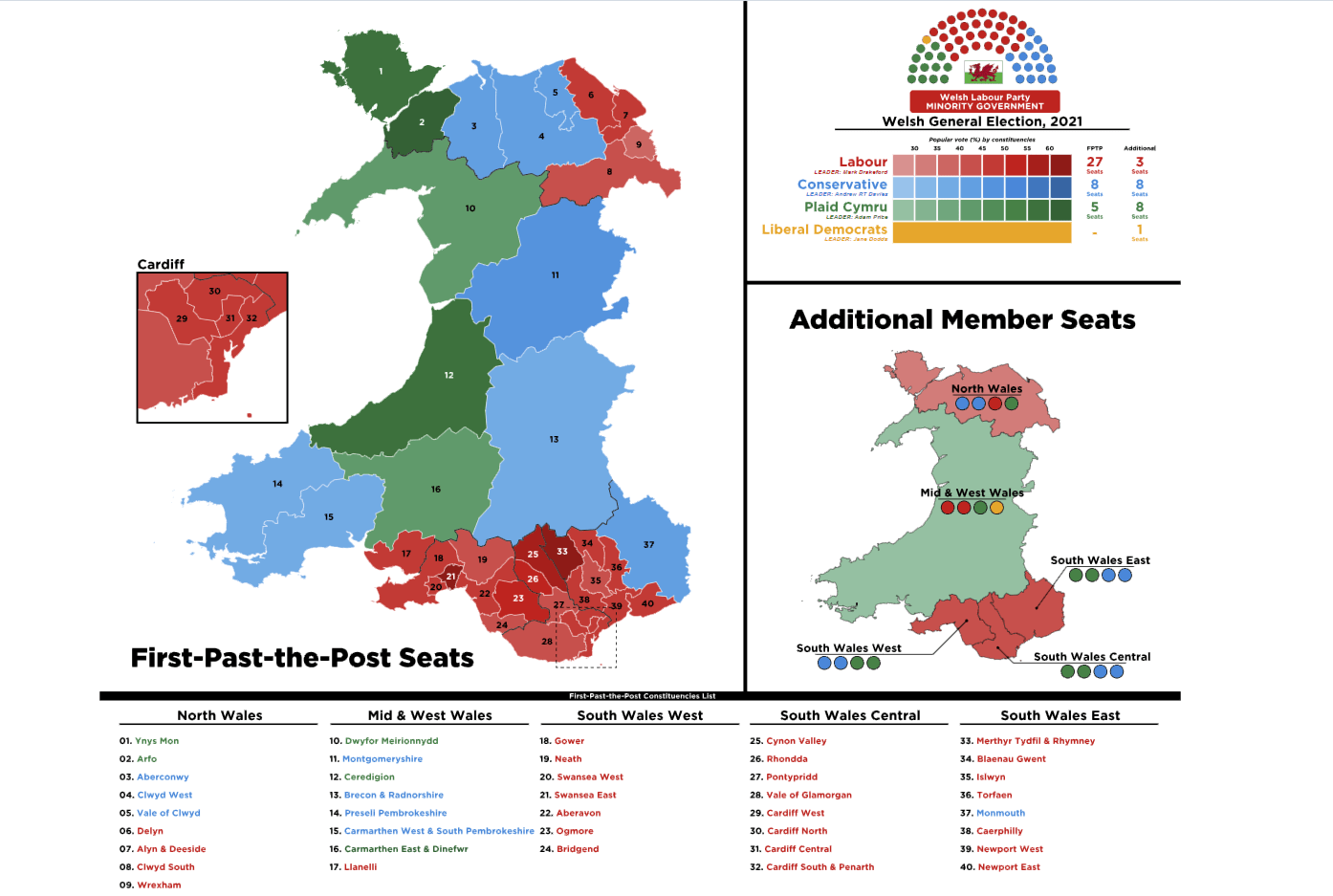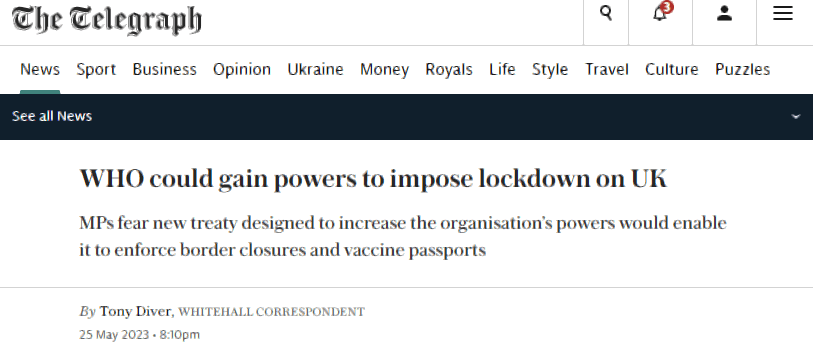![]() This is my submission to the Reform Bill Committee regarding Senedd Cymru (Electoral Candidate Lists) Bill. The attempt to hijack ‘Senedd reform’ with a closed list system that even hopes to keep candidates’ names from us.
This is my submission to the Reform Bill Committee regarding Senedd Cymru (Electoral Candidate Lists) Bill. The attempt to hijack ‘Senedd reform’ with a closed list system that even hopes to keep candidates’ names from us.
Stripped of the self-serving bullshit it’s a crude attempt by the Labour party to guarantee itself permanent rule. With full support from Plaid Cymru.
I urge everyone to make a submission to SeneddReform@senedd.wales.
◊
EXPERT PANEL
I shall start with the appointment of the Expert Panel in February 2017. Set up to look into reforming and enlarging the (then) Assembly.

The group reported in November 2017. Here is a link to their report. On page 29, the report recommended three electoral systems. The favoured one being the Single Transferable Vote.

On page 128 of the report we read the ‘closed list proportional representation’ system was rejected. It’s ‘weakness’ spelled out as, “No choice for voters between individual candidates. No accountability for individual Members directly to voters.”
Yet this is the system now being proposed.
◊
COMMITTEE ON SENEDD ELECTORAL REFORM
This group was set up in January 2020, and comprised Huw Irranca-Davies MS, Dawn Bowden MS, and Dai Lloyd MS. The first two representing the Labour party, the third Plaid Cymru.

Here’s the Committee’s Report from September 2020, and here’s a summary of its recommendations. Note that it agrees with the Expert Panel in recommending the Single Transferable Vote.
Though it also makes a reference to “diversity quotas for protected characteristics other than gender”, without making it clear what these ‘characteristics’ might be.
◊
SPECIAL PURPOSE COMMITTEE ON SENEDD REFORM
Now we move on to October 2021 and a new group, with Huw Irranca-Davies MS providing continuity.

Their report, ‘Reforming our Senedd: A stronger voice for the people of Wales’ was published on 30 May 2022. Here’s a link to that report.
The Expert Panel’s favoured system of the Single Transferable Vote, endorsed by the Committee on Senedd Electoral Reform, was rejected by this latest group because it:
. . . was an unfamiliar system in Wales and that the method of translating votes into seats would be seen as complex and difficult to explain.
Which means that electorates around the world manage to cope with STV, but it seems Welsh voters are uniquely stupid!
The reasoning is so absurd, and insulting, that it suggests something else was going on beneath the surface. With hindsight, we know this to be true.
After considering the three options of the Open List, the Flexible List, and the Closed List, the Special Purpose Committee recommended the least representational of the three.
And when comparing the respective merits of the d’Hondt and Sainte-Laguë divisor systems the committee opted for d’Hondt, which is, again, the less representational.
Now we come to the most remarkable and worrying thing I encountered in all 92 pages. Scroll to page 38, and there you’ll see . . .

“We would anticipate . . . some of the names . . . of candidates will appear . . . “.
There was clearly an attempt from somewhere, by someone, to promote the idea of giving only the party name, and not naming the candidates!
Which means that from the Single Transferable Vote system recommended by the Expert Panel what is now being offered is 16 huge and impersonal constituencies*, and a closed list system using the less representational d’Hondt system. Even an attempt to have anonymised lists.
*The Boundary Commission has recommended that Wales in future has 32, not the current 40, seats for Westminster elections. The proposals being discussed ‘pair’ these 32 constituencies to give us 16 ‘super’ constituencies, each electing 6 Members by the closed list system.
◊
REFORM BILL COMMITTEE
This group was established in July 2023. Its role was to go through the Bill that resulted from the report of The Special Purpose Committee on Electoral Reform. Making recommendations where it felt the need.

The Reform Bill Committee’s report was published in January, and debated in the Senedd 30 January (No 8).
In his Introduction, the chair, Labour’s David Rees MS, makes clear that he is unhappy with the proposed closed list system.
“We have not reached consensus on all matters . . . But, we are unanimous in our concerns about the proposed closed list electoral system . . . We believe the link between voters and the Members who represent them is paramount.
We therefore urge all political parties in the Senedd to work together to ensure the electoral system in the Bill provides greater voter choice and improved accountability for future Members to their electorates.”
The closed list system was by now drawing fire from many quarters, and from outside of Wales. One notable contribution was from former Labour Home Secretary Lord David Blunkett, in a letter to the Western Mail.
I naturally wondered what the report had to say about ballot papers.
On page 105 the ‘Member in charge’, Mick Antoniw MS, defends the recommendations of the Special Purpose Committee on Senedd Reform.
When asked by David Rees (page 111) why the Bill being presented to the Senedd does not state categorically that candidates’ names will appear on the ballot paper, Antoniw responds that it is being dealt with in “secondary legislation”.

On page 129 David Rees MS makes it clear that he believes candidates’ names on ballot papers should be stipulated in the Bill itself, not left to secondary legislation.

A search of the published Bill for ‘ballot paper’ will draw a blank.
◊
CONCLUSION
What may have started out as a genuine attempt to ‘improve democracy’, and by doing that make Wales a better place to live and work, has been subverted by the Labour party, willingly assisted by Plaid Cymru.
To hide the true nature and purpose of the exercise it must be dressed up in self-serving distractions such as ‘gender equality’, but with 26 out of 60 AMs being women we almost have gender equality now, without any special legislation.
Let me explain what I believe is behind this emphasis on ‘women’. For on the Senedd website, under ‘Information about the Bill’, we read: “Require all candidates on a party’s list to state either whether they are, or are not, a woman”.
I think we’re now in the realm of self-identification, and are no longer talking about biological women. I suggest this because the Welsh Government is the largest single funder to the trans activist group, Stonewall, and Labour and Plaid Senedd Members have made their positions quite clear.
Last year Dawn Bowden MS and colleagues insisted we allow biological males to play rugby with and against women and girls – if they identify as women.
You’ll recall that she sat on the Committee on Senedd Electoral Reform which talked of “diversity quotas for protected characteristics other than gender”.
And this goes some way to explaining the attempt to keep candidates’ names off the ballot paper. Because men pretending to be women will not be elected. Unless they can stand anonymously.

I suspect that another reason for trying to keep candidates’ names off the ballot paper is to facilitate the election of lobbyists, and members of the pressure groups that now seem to direct both Labour and Plaid Cymru.
Again, these would be unlikely to get elected if voters saw their names on the ballot paper and could check on their backgrounds and associations.
Seeing as so many of these ‘campaigners’ are alien to and ignorant of our country, if elected they would simply push their agendas. No matter how damaging those were to the interests of Wales.
We already see it, with Stonewall, but also with 20mph, with the constant attacks on our farmers, and in a host of other ways; serving narrow agendas, but not Wales.
◊
RECOMMENDATION
As it stands, I consider the Bill to be the most dangerous and damaging piece of legislation in 25 years of devolution. A naked power grab.
For in addition to the issues already dealt with, the Bill also makes it more difficult for smaller parties and independent candidates to be elected. This is no accident.
It would have been bad enough if we’d arrived at this point through a mistake, or even incompetence, but I believe we are where we are because this was always the destination.
The Expert Panel was pure window-dressing. It’s hoped we’ll believe that what’s now being offered is merely a ‘tweaking’ of the Panel’s recommendations.
This deception has presented us with a Bill that has nothing to recommend it, and there is nothing of it worth salvaging. It is a step backwards; an affront to common sense, and a threat to democracy.
It must be scrapped.
♦ end ♦
© Royston Jones 2024






